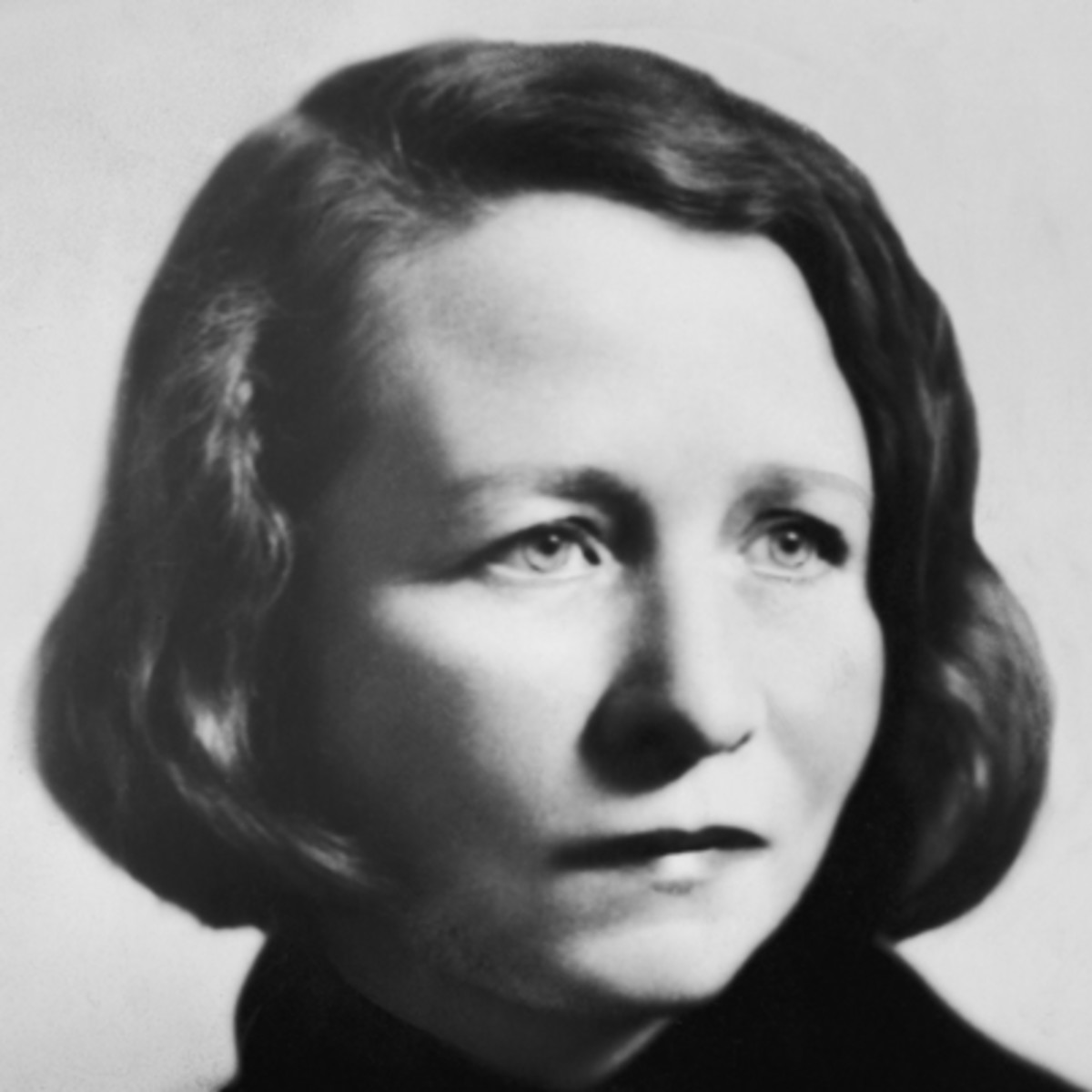I, being born a woman, and distressed
By all the needs and notions of my kind,
Am urged by your propinquity to find
Your person fair, and feel a certain zest
To bear your body's weight upon my breast:
So subtly is the fume of life designed,
To clarify the pulse and cloud the mind,
And leave me once again undone, possessed.
Think not for this, however, this poor treason
Of my stout blood against my staggering brain,
I shall remember you with love, or season
My scorn with pity — let me make it plain:
I find this frenzy insufficient reason
For conversation when we meet again.
Published:
1923
Length:
Regular
Literary Movements:
Modernism
Anthology Years:
2023
Themes:
Humor & Satire
Love & Relationships
Poetic Form
Womanhood
Literary Devices:
End Rhyme
when a poem has lines ending with words that sound the same
Irony
the expression of one's meaning by using language that normally signifies the opposite, typically for humorous or emphatic effect
Personification
the attribution of human qualities to a non-human thing
Sonnet
A poem with fourteen lines that traditionally uses a fixed rhyme scheme and meter.

